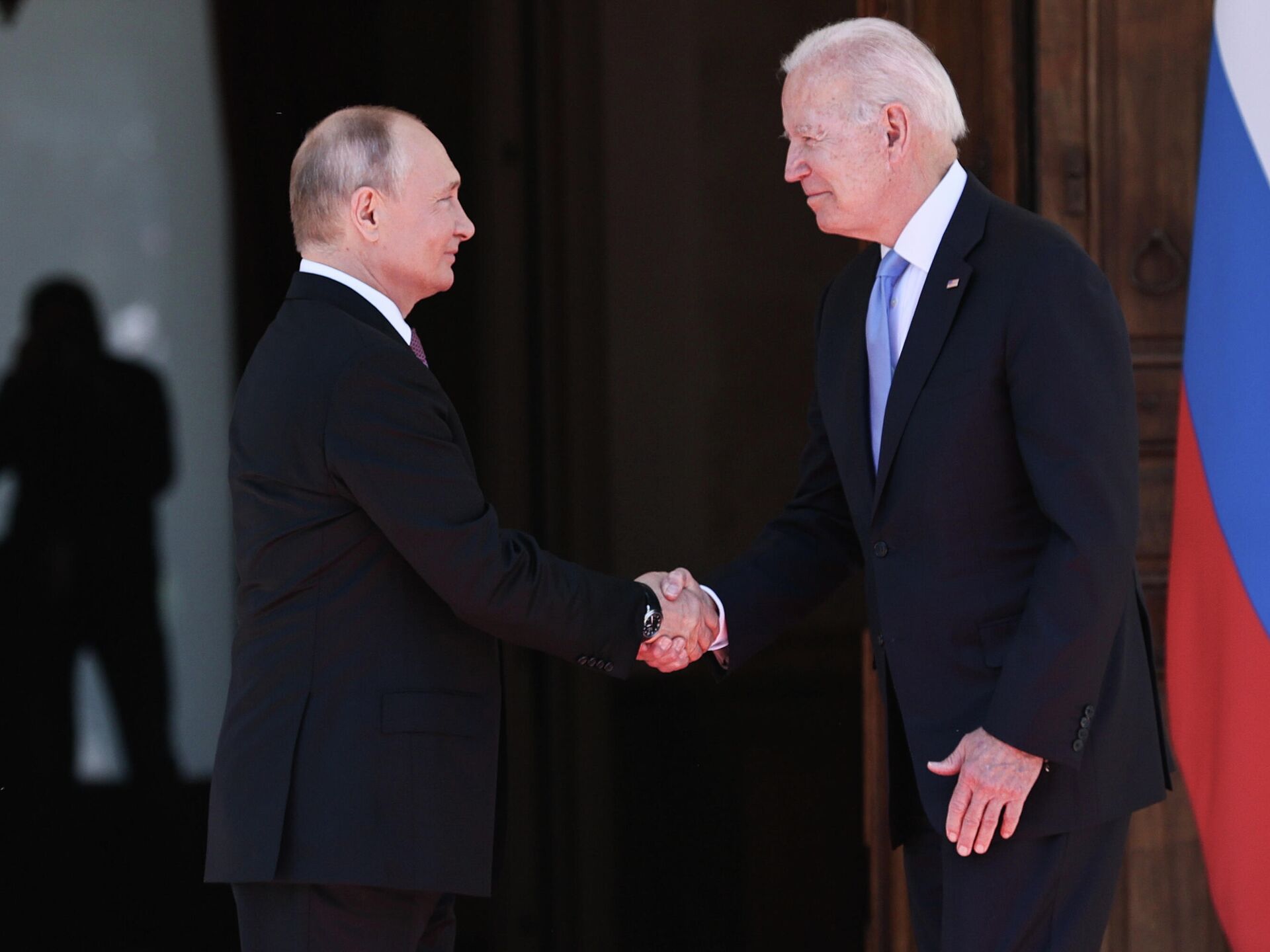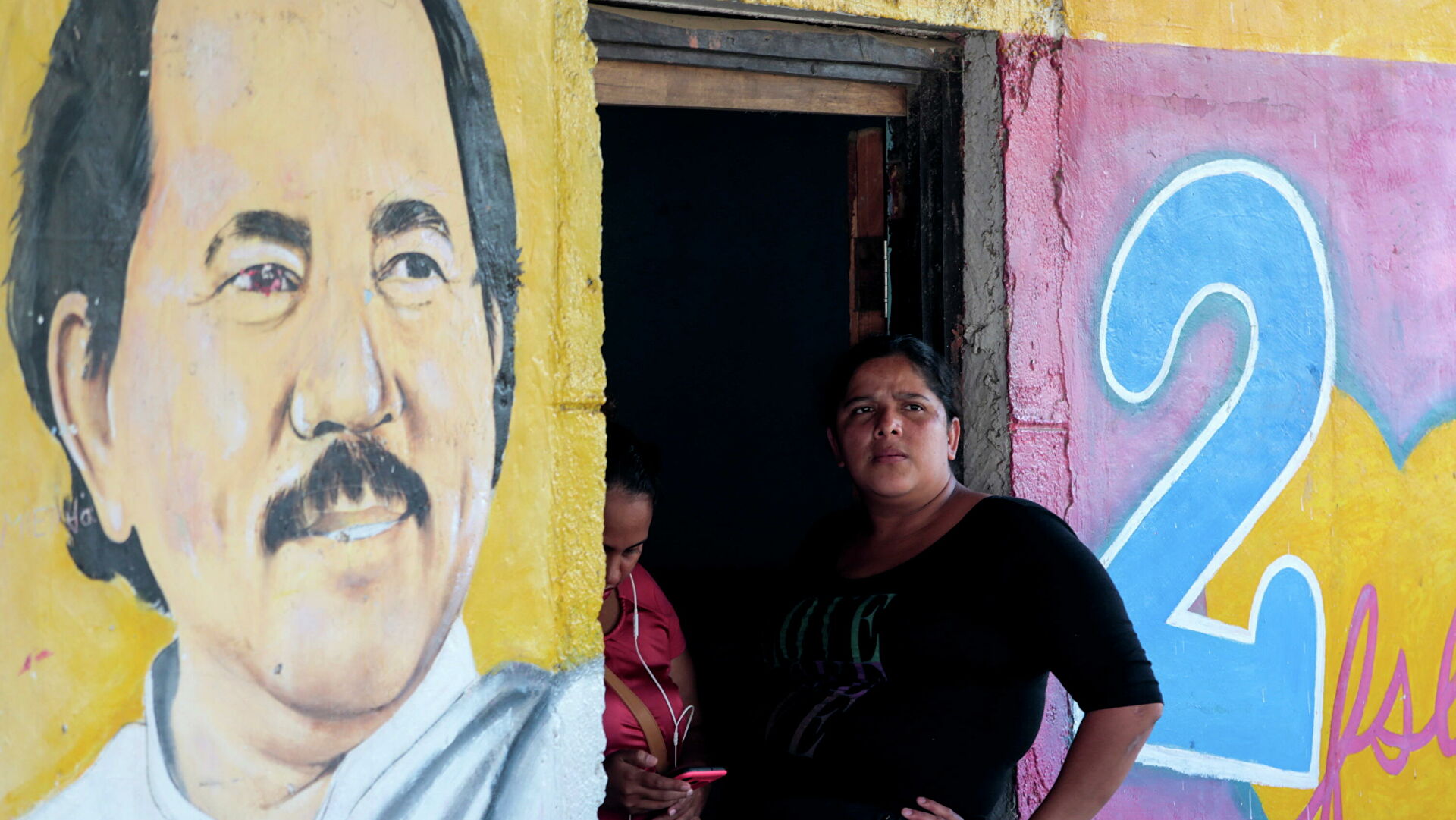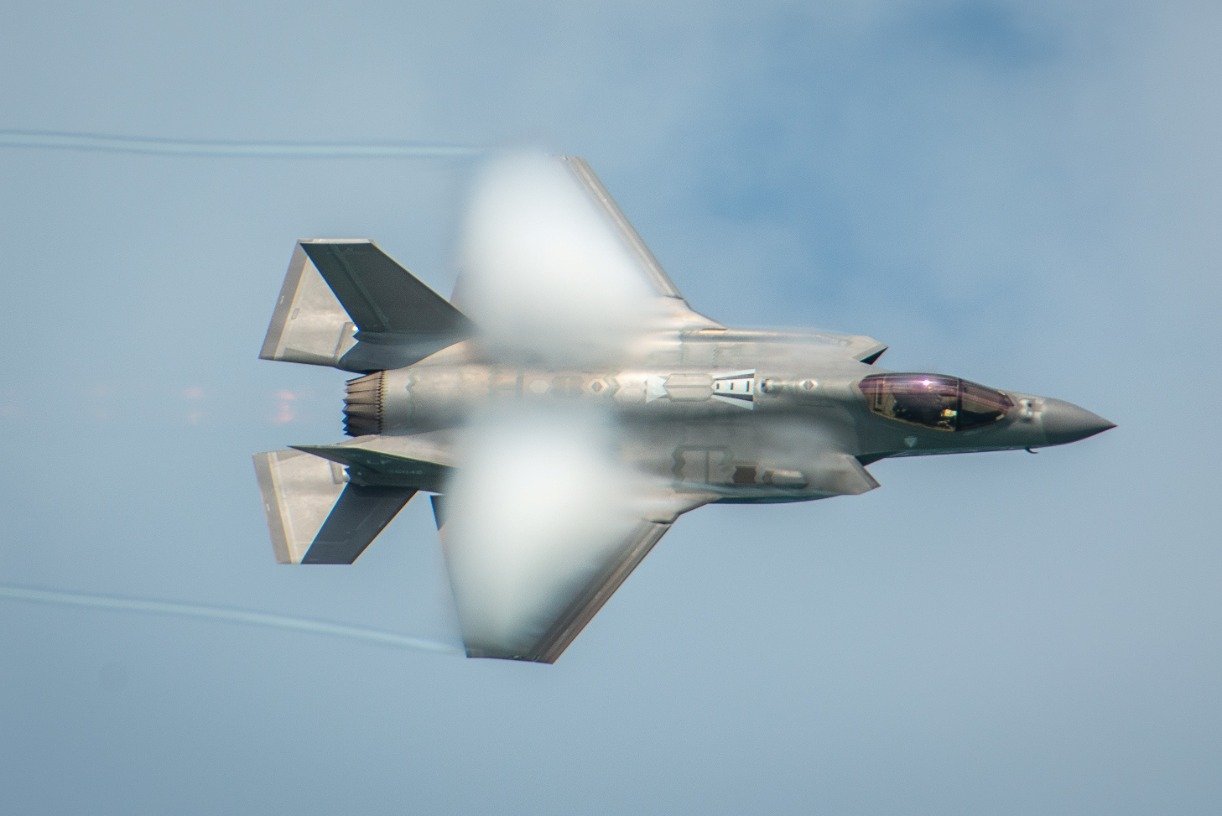Euronews put that question to First Deputy Prime Minister Igor Shuvalov as he visited Berlin for the 60th anniversary of Eastern Committee of German Economy.
He is the most senior member of the Russian cabinet besides the prime minister, responsible for the federal budget and economic policies.
Andrei Beketov, euronews: "We are speaking in Berlin, the capital of Europe’s most powerful state. But Germany’s recent economic statistics have been pretty dismal. At the same time Russia is getting stronger. What is its strategy towards the weakening West? Is it trying to take ground left by the West?”
Igor Shuvalov: "We cannot say that the West is weakening. For many years – perhaps a few years – we will live in a rather unstable situation when sometimes the West will be stronger, sometimes it will be weaker. Russia, I hope, during that time will be getting stronger, because we have the opportunities to do that. But of course, the starting point is quite different. For example, the German economy, which is already powerful and well-developed, is facing completely different problems to the Russian economy. We Russians are in a period of transformation. And of course, we have a lot of challenges ourselves, we need to make the economy work and grow.
"But for us, the Russians, we have a very clear road map: we have to work with the European Union and at the same time with the Asia-Pacific region. We want to build a common economic area, which will be based on common economic rules and regulations. But at the same time, those countries will maintain their political independence while building common political institutions. It will be like the European Union with its euro-bureaucracy in Brussels. Russia, Kazakhstan and Belarus together are setting up a common economic zone. And from January 2015 we will launch the Eurasian Economic Union. At the same time looking to the East, Russia will begin a very powerful programme of development, promoting its exports and creating a free trade zone with some states. In particular, we are starting negotiations with Vietnam.”
euronews: "It seems that Russia is looking more and more to the East…”
Igor Shuvalov: "That is not the case. Russia is a European state. Our territory is in Eurasia, but our civilization is European. The European Union accounts for over 50 per cent of our exports. We are not reducing but developing this cooperation. However given the vastness of Russia and its position mostly on the Asian continent, we need to develop trade with Asian countries.”
euronews: "In the current crisis, is Russia using its economic strength to help Europe?”
Igor Shuvalov: "Russia is a very attractive consumer market. For Germany, for example, it would be impossible to fully realise its export potential without Russia. With our cooperation and trade with Germany, we actively help Germany, as well as the European Union. Our foreign exchange reserves for the most part remain in euros. Therefore, in every area of cooperation between states, governments and businesses, we provide strong support for the development of European business and Europe’s economy – I’ve no doubt about that.”
euronews: The current presiding nation of the European Union, Cyprus, has asked for specific financial support. Are you going to respond to this request?
Igor Shuvalov: "Our Finance Ministry is considering this application. We don’t have special funds to support the European economy, but we’re willing to consider such an application. And of course it must be done in cooperation with the European Union. I don’t think in the current difficult conditions these kinds of problems can be solved on a bilateral bases.”
euronews: "In the big Eastern powers – China, especially – the state plays a major role in the economy. Is that a problem for Russia? If there is state domination does that makes Russia stronger or weaker? Is Russia’s state capitalism working?”
Igor Shuvalov: "We have no state capitalism, that is a stereotype. We are privatising state property, privatising our companies. More than ever, the government is determined to support business and improve the climate for business.”
euronews: "With Rosneft acquiring TNK-BP, isn’t that a strengthening of state control in such an important area?”
Igor Shuvalov: "No, it isn’t! To begin with we have not yet seen the final terms of the deal, we have not been told about them. We just saw the general outline. But if this general outline is implemented in the final deal, it would means the consolidation of the assets of Rosneft and further privatisation of Rosneft itself. And as a result of this transaction BP – one of the shareholders of TNK-BP – should become one of the major shareholders of Rosneft. Basically it means consolidation of assets within the company, which will become the biggest oil producer and the company with the largest capacity, with the greatest known reserves. In this case, BP becomes a shareholder, and it is very important for corporate governance, and the process of privatisation. If Rosneft were just buying those assets, then I would agree with your conclusion. But it didn’t do just that. It is very complex and a good deal. The most important thing is to make sure that it is implemented precisely in those terms that were announced.”
euronews: "Gazprom is another commodity producer. Now the European Commission is investigating its dominant role. This gas producer is suspected of forcing its customers, to sell to those who Gazprom wants…”
Igor Shuvalov: "My attitude to this is simple: that all these (EU) actions are being taken for one purpose only – to make Gazprom reduce the price of the gas it supplies. But if you get a very low price of gas, then production will begin to decline, then, in later, that will lead to a sharp increase in the prices of these kind of raw materials.”
euronews: "You have been the number two in the government for the past 12 years while Vladimir Putin was president and prime minister, now, your boss is Dmitry Medvedev; is the atmosphere and the government’s direction changing?”
Igor Shuvalov: "Of course, they are changing. Something has gone out of the government that was inherent in the person of Putin, something has come in connected with the personal approach of Medvedev. But the main thing remains, that is that the government needs to work fast, to take care of the country, to keep on the modernisation path…”
euronews: "I see, modernisation remains…”
Igor Shuvalov: "Modernisation remains – the modernisation of public, political, social and economic life. If we work better for our people, it is to our advantage – if not, then we will be "corrected” by the voters.”
euronews: "Social needs are the priority with a lot due to be spend on that. Does that mean the government is shifting to the left, or maybe towards populism?”
Igor Shuvalov: "Every year the number of rich people is growing. On the other hand, there are a lot of poor and vulnerable people. Therefore, such a large gap between rich and poor, a lack of protection for the emerging middle class, this could create a very big problem for our potential growth and achieving the goals of modernisation. Therefore, all the social programmes supported by Putin don’t mean that we are moving to the left or engaging in populism. They are only aimed at creating a basis for modernisation.”



_jpg/250px-ElbeDay1945_(NARA_ww2-121).jpg)









